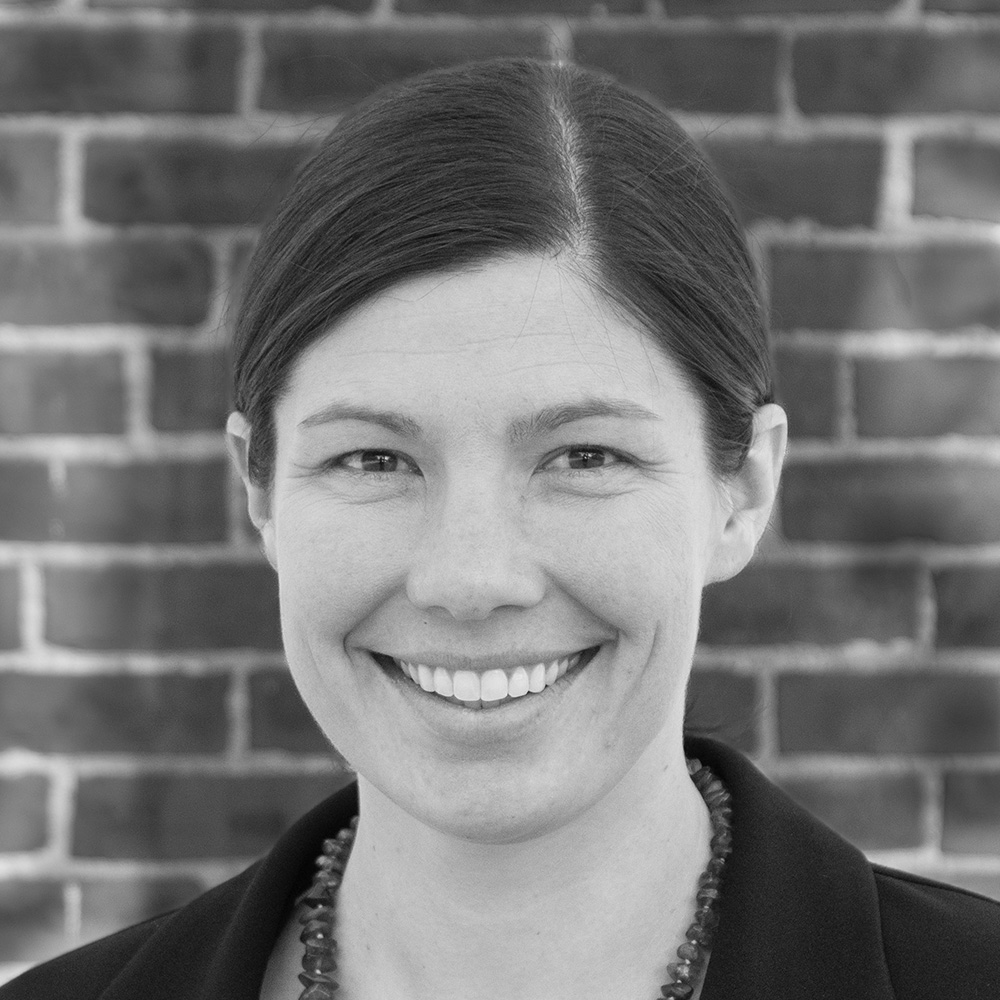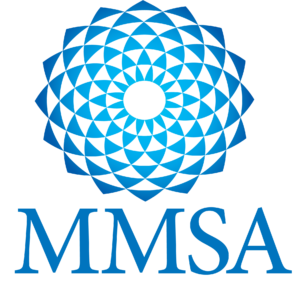 MMSA Title: Team Lead – Science
MMSA Title: Team Lead – Science
Hometown: Wilton, Maine
Education: BA – Oberlin College (Neuroscience and Music History/Theory), M.S.Ed – Northwestern University (Secondary Science Education), Ed.D. – Wright State University (Organizational Studies – Learning Oraganizations)
What is your teaching/learning philosophy: I am deeply interested in science teacher learning and knowledge. I believe that there is a sweet spot, somewhere at the intersection of high-quality instructional materials, innovative professional learning, and individual teacher knowledge and expertise, where we have the potential to impact significant change in teacher practice and student learning. In my projects, we explore how to design engaging and relevant professional learning experiences for educators to target that sweet spot and promote change in science education.
STEM passion area: I am passionate about ensuring that all students have access to high-quality, engaging, and equitable science learning, particularly at the elementary level. Young children are innately curious about the natural world and eager to ask questions, wonder, notice patterns, and make sense of their world. As educators, I believe it is our responsibility to nurture that curiosity by leaning in to student questions and supporting students in the sense-making process.
What did you do before you worked at MMSA: I began my career as a high school life sciences teacher at the Dayton Regional STEM School in Dayton, Ohio. I then served as an Assistant Professor of Education at Thomas College in Waterville, Maine prior to joining the Maine Mathematics and Science Alliance in April 2019. I have also served as a writer and design team member for several Next Generation Science Storylines and OpenSciEd units that have been recognized by Achieve’s Peer Review Panel as Quality Examples of NGSS design. In addition, I was a facilitator for the NGSX Project.
What do you like to do in your free time: Kate likes to spend time with her family and dogs in the outdoors, particularly if it involves being on a mountain (hiking, skiing, or mountain biking).
Kate’s Bio: Katahdin (Kate) Cook Whitt is a STEM Education Specialist at the Maine Mathematics and Science Alliance. Dr. Cook’s work focuses on designing, implementing, and researching rigorous and equitable curriculum materials and professional learning experiences for three-dimensional science learning. In particular, she is interested in supporting elementary and middle level educators in finding ways to engage learners in making sense of local phenomena by exploring key science ideas using the science and engineering practices. Dr. Cook is currently a Principal Investigator for the National Science Foundation funded projects “PeBLES2: Place-Based Learning for Elementary Science at Scale and Bridging Preschool” and “Kindergarten Science: Exploring Play-based Engagement with Scientific and Engineering Practices in Early Learning Environments.” She has also served as a writer and design team member for several Next Generation Science Storylines and OpenSciEd units that have been recognized by Achieve’s Peer Review Panel as Quality Examples of NGSS design.
Dr. Cook began her career as a high school life sciences teacher at the Dayton Regional STEM School in Dayton, Ohio. She then served as an Assistant Professor of Education at Thomas College in Waterville, Maine prior to joining the Maine Mathematics and Science Alliance in April 2019.
Pronouns: she, her, hers
Phone: (207) 626 3230 x108
Email: all emails are first initial last name at mmsa.org
Projects:
Consulting
Partnership for Rural Women in Math Careers (Includes)
PeBLES2
PLAY
Publications:
Todd, A., Romine, W., Sadeghi, R., Cook Whitt, K., Banerjee, T. (2022). How do high school students’ genetics progression networks change due to genetics instruction and how do they stabilize years after instruction? Journal of Research in Science Teaching. doi:10.1002/tea.21744
Cook, K., H. Lakin, S. Allen, S. Byrd, B. Nickerson, and K. Kastelein. (2021). Virtual coaching PLCs in and out of school. Connected Science Learning 3 (1). https://www.nsta.org/connected-science-learning-january-february-2021/virtual-coaching-plcs-and-out-school
Wagh, A., Cook Whitt, K., & Wilensky, U. (2017). Bridging inquiry-based science and constructionism: Exploring the alignment between students tinkering with code of computational models and goals of inquiry. Journal of Research in Science Teaching, 54(5), 614-641. doi:10.1002/tea.21379
Todd, A., Romine, W. L., & Cook Whitt, K. (2017). Development and validation of the learning progression-based assessment of molecular genetics in a high school context. Science Education, 101(1), 32-65. doi:10.1002/sce.21252
Rybakova, K., & Cook Whitt, K. (2017, May). Academically productive talk in a college classroom. The New England Journal of Higher Education. Retrieved from http://www.nebhe.org/thejournal
Cook, K., & Montgomery, J. (2012). The art and science of a STEM-driven curriculum. EdTech.
